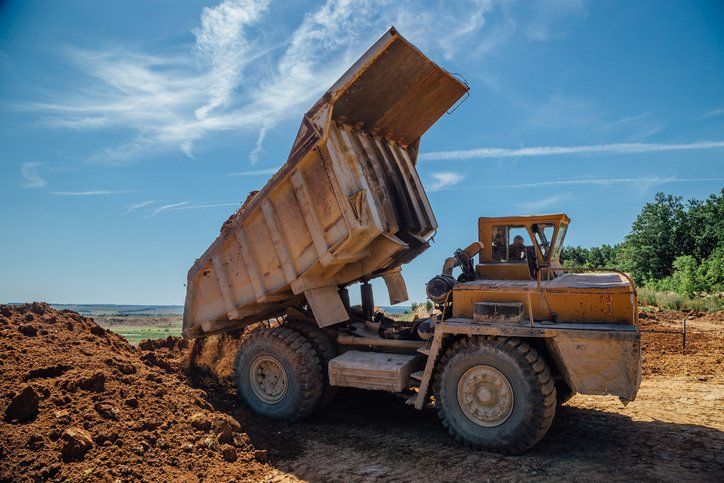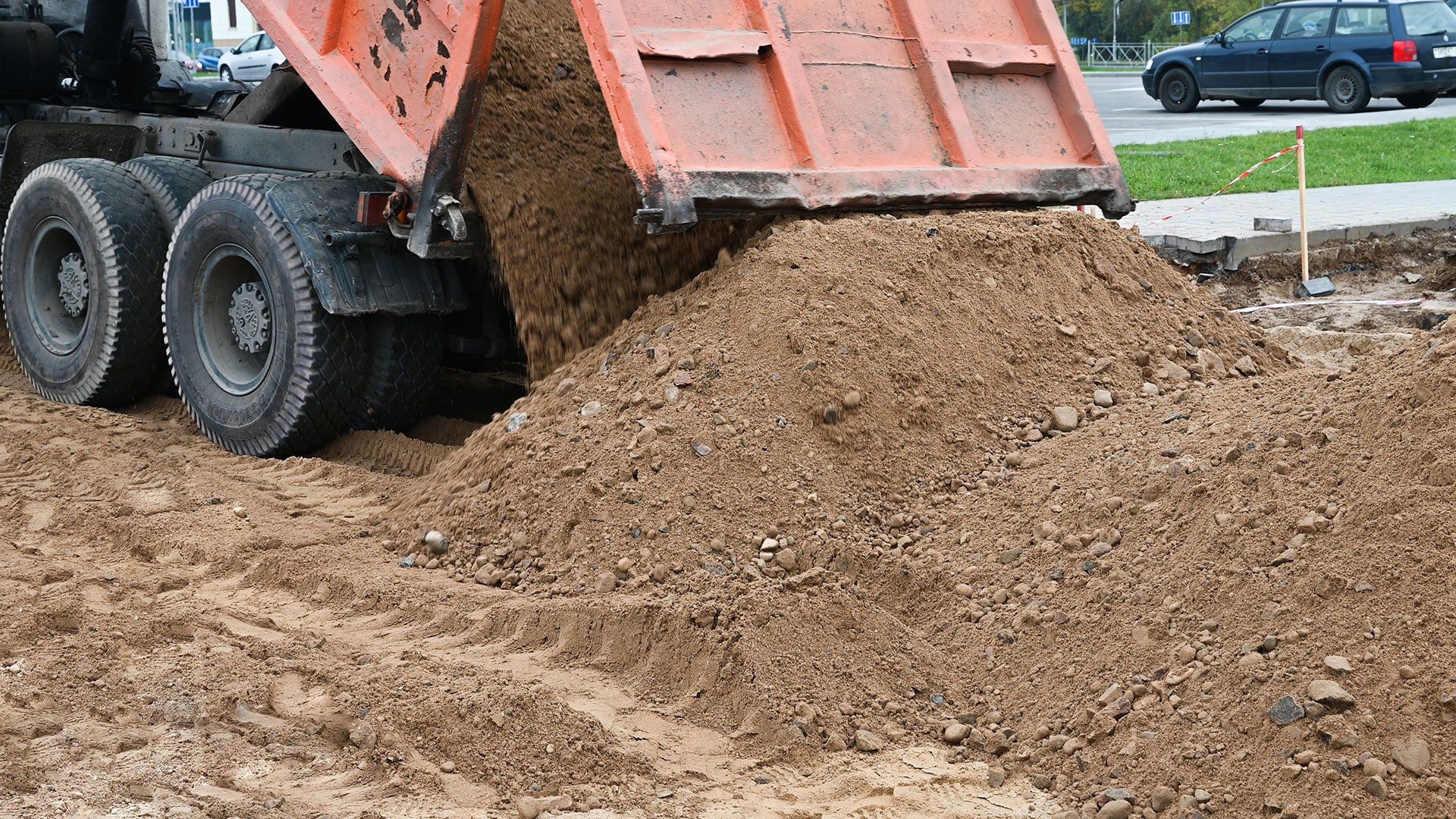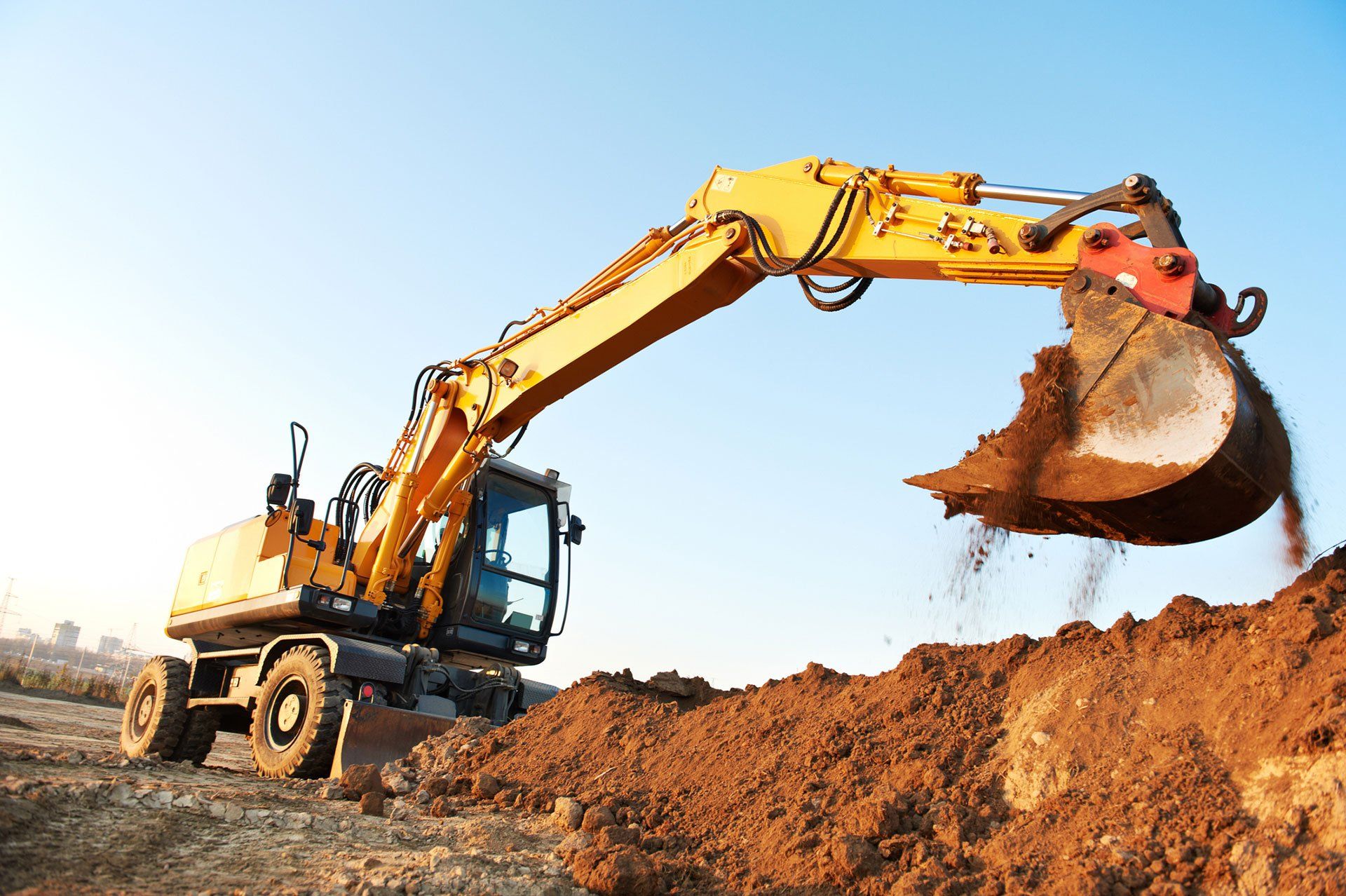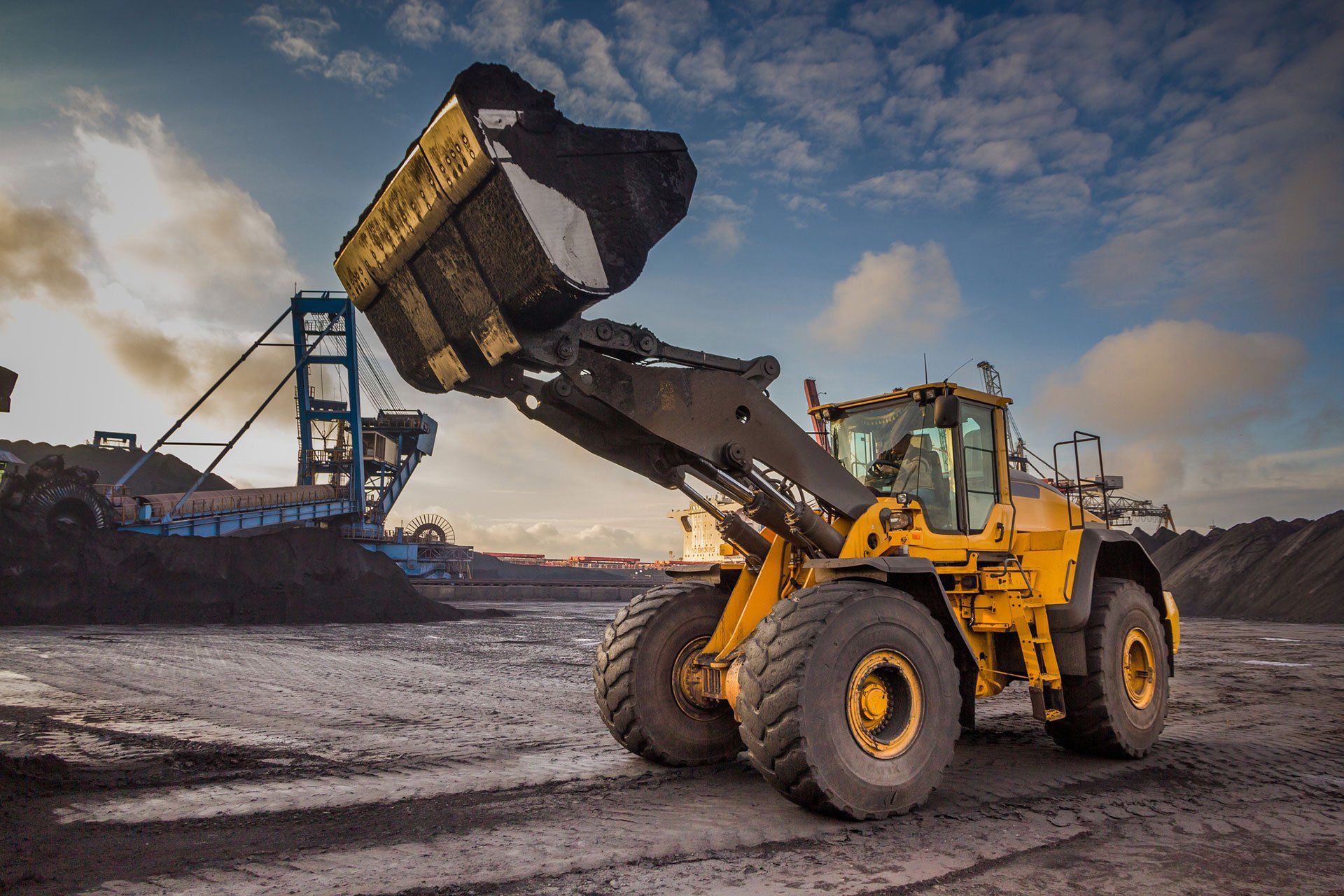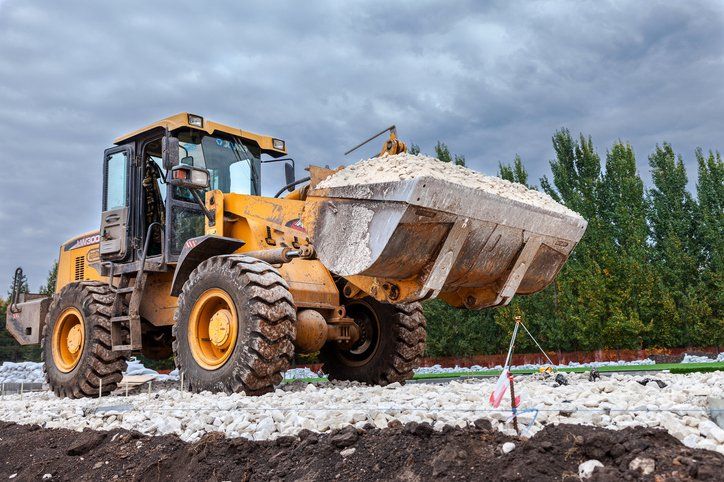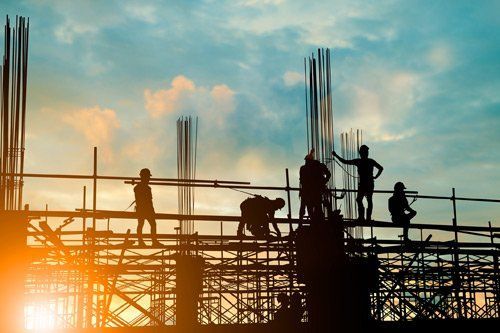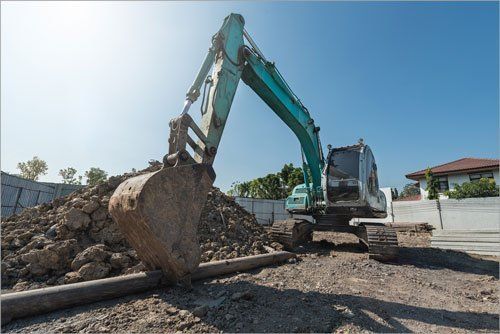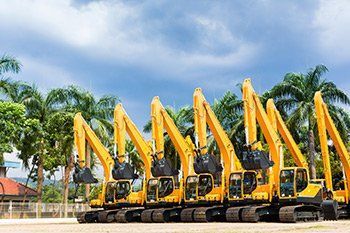Determining What Soil Type Will Work Best for Your Project's Foundation
Determining What Soil Type Will Work Best for Your Project's Foundation
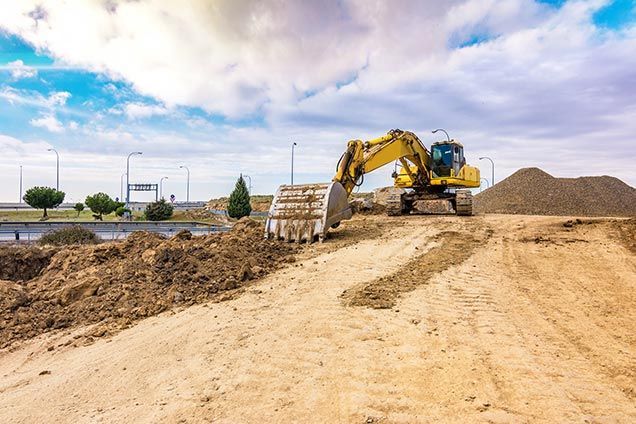
Reliable Construction Site Preparation in Homestead, FL
South Florida soils aren't always easy to work with. Construction projects that start with a foundation must have the right type of soil. You can luck out and find a site with a good soil for foundations. You can equally end up with a site full of muck. Here is a look at what types of soils will work best for foundations.
What Makes for a Good Foundation Soil?
Different soils can serve different purposes for foundations. Nevertheless, there are a few things you want your soil to do for your foundation - no matter what. The soil must adequately support the foundation and its structure. To do so, the soil must limit the amount of foundation movement.
From homes to high-rises, the soil beneath them must have inherent stability. Without that stability, the foundation can crack or sink. You must also consider how the soil deals with moisture. Soil can expand and contract depending on its moisture content. What may seem like a good, stable soil to start with can change a lot once it rains. You need a soil that limits runoff and erosion.
What Types of Soil Fit the Criteria?
Altogether, finding a soil that fits all the criteria for supporting a foundation is a tall order. Finding it isn't impossible though. If it were, you wouldn't see any buildings standing for long in Miami. Here are some of the soil types you'll find in South Florida:
- Sandy soils. A lot of sandy soil is in South Florida. Sandy soils aren't ideal for foundations as its loose particulates can shift and move. It can become a viable solution once compacted with other, coarser materials.
- Marl, muck, and organic soils. Muck and other organic soils have a heavy presence around the Everglades area. They make for excellent topsoil but require a lot of work to turn them into a loam that's good enough for a foundation.
- Rocky soils. The rocky soils of South Florida are ideal for foundations. They have high loadbearing capacity and stability. Before building on rocky soil, it requires leveling.
Generally, the soil type isn't as important as the soil mix. Rocky soils are great, but a rocky soil with some sand and clay as a binder is a far superior mix for a foundation support.
What Happens When the Soil Isn't Ideal?
Take stock of the type of soil you're working with before you start any part of a construction project. You may find your soil isn't ideal for your project. That's not a problem that should stop you.
Knowing what type of soil you're dealing with can help you figure out what other types of soil you can add in to change it to something you can work with. Here are a few things you can consider doing:
- Add a custom soil mix or aggregate
- Remove and then fill in the area with a specific soil mix
- Compact the soil to meet your needs
A solution exists no matter what soil issues you come across. You should also consider removing any weak soil material rather than trying to make it work. For example, if your site has a lot of muck or peat, it's better to strip it back or remove it. Don't try to make it workable by adding aggregates or fill.
Trust Us for Construction Site Preparation in South Florida
If you're unfamiliar with South Florida soil mechanics, don't attempt to figure it all out on your own. At Quick Sand and Fill Corp., we know South Florida soils. We offer custom aggregate and soil mixes to Miami, Homestead, and beyond that can turn a soil problem into a soil solution for your project. Contact us today for all your site clearing and prep needs.

